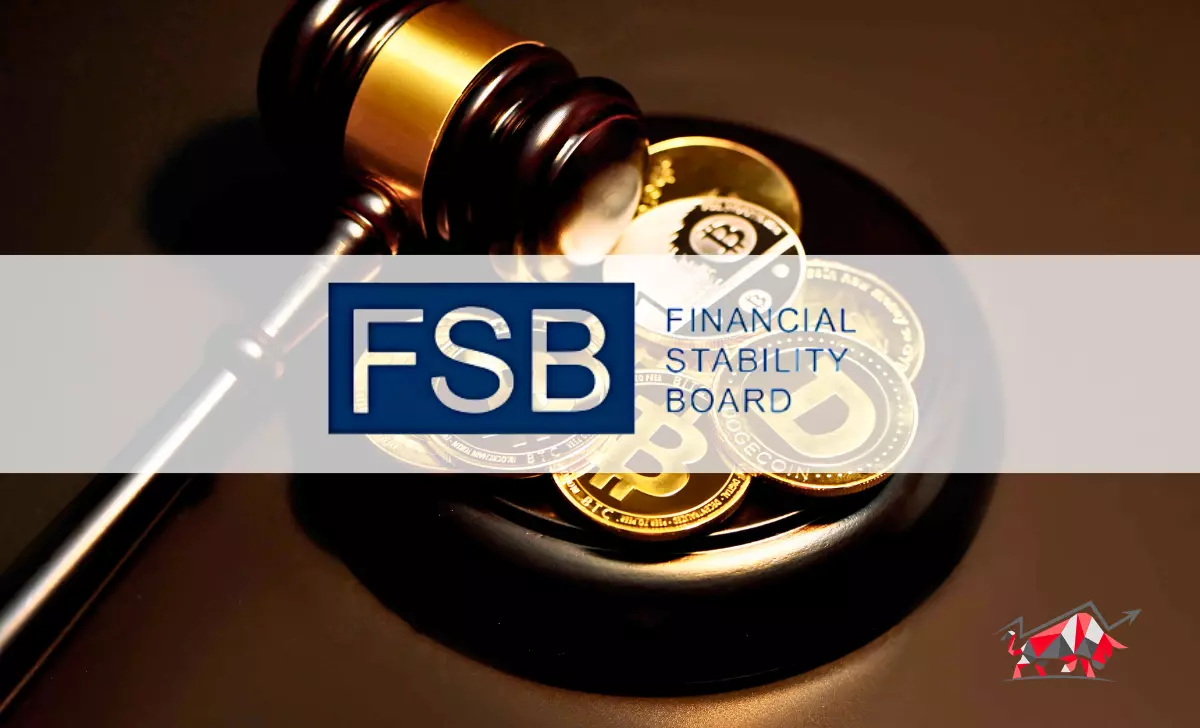The Financial Stability Board (FSB) has unveiled a comprehensive global regulatory framework for cryptocurrencies. The guidelines, directed towards the G20 economies, comprising the world’s 20 leading nations, advocate a “same activity, same risk, same regulation” approach to foster consistency and stability in the burgeoning crypto space.
The FSB released a public note and two separate guideline documents on July 17, outlining its recommendations for regulating cryptocurrencies. The first set of recommendations pertains to the general regulation of cryptocurrencies, while the second, termed “revised high-level recommendations,” focuses on addressing the regulatory challenges posed by “global stablecoins.” The latter category encompasses stablecoins that have the potential for cross-border use, transcending multiple jurisdictions.
Among the key proposals put forth by the Financial Stability Board is the requirement for crypto platforms to ensure the segregation of clients’ digital assets from their own funds. By maintaining clear separation between functions, such as custodial and trading services, the FSB aims to mitigate conflicts of interest and enhance investor protection. To enforce these measures effectively, regulators are urged to facilitate tight cross-border cooperation and oversight, promoting a harmonized regulatory landscape for the global cryptocurrency market.
Financial Stability Board Recommends Regulatory Permits for Global Stablecoin Issuers
The Financial Stability Board has recommended that “global stablecoin” (GSC) issuers obtain necessary permits to operate in each jurisdiction they intend to serve. The move comes as part of the FSB’s efforts to address the growing influence of stablecoins in the global financial landscape.
According to the guidelines released by the Financial Stability Board, authorities around the world are advised not to permit the operation of any GSC arrangement within their respective jurisdictions unless these arrangements fulfill all regulatory, supervisory, and oversight requirements, which will include obtaining affirmative approval from the regulatory bodies.
The FSB, an international body responsible for overseeing and recommending policies to promote global financial stability, has set a timeline for reviewing the implementation of its recommendations. By the end of 2025, the Financial Stability Board will conduct a thorough assessment of how its suggestions have been adopted worldwide. As part of this process, the FSB plans to collaborate with the International Monetary Fund (IMF) and jointly deliver a comprehensive report on existing policies and regulatory issues related to stablecoins to the G20 in September 2023.
The call for tighter regulatory scrutiny on GSCs has been gaining momentum, with concerns about potential risks associated with their widespread usage. As such, financial organizations have started to address the matter within their respective regions. The Association for Financial Markets in Europe recently cited the FSB’s stance, urging European Union lawmakers to consider incorporating decentralized finance (DeFi) under the ambit of the first EU-wide crypto framework.


